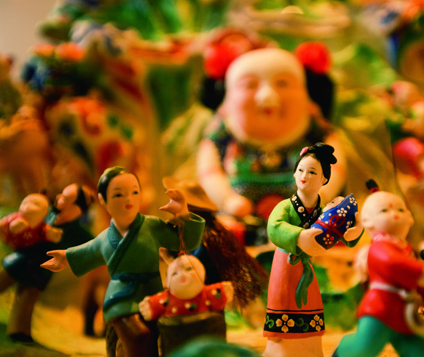Man and figures

身长则影长,身短则影短
A tall figure makes a long shadow, while a short figure makes a short one.
The proverb comes from the ideas of Yin Xi, a philosopher in the Zhou Dynasty, which shows the relationship between cause and effect.
形劳而不休则弊,精用而不已则劳
If the body is overworked without rest, it will wear out; if the spirit is overworked without a break, it will tire out.
This indicates that both body and mind can become exhausted.
形枉则影曲,形直则影正
The shadow is straight when he stands upright and crooked if otherwise.
This phrase is usually used to mean that a certain action can have particular result.
人不可貌相,海水不可斗量
A man cannot be judged by his looks; the water in the sea cannot be measured by the bushel.
This means that outward appearances can be deceiving.
人不能全,车不能圆
No man is perfect just as no wheel is absolutely round.
The proverb indicates that nothing is perfect.
世情看冷暖,人面逐高低
Warm feelings may turn to coldness; men are drawn to prosperity but not to adversity.
This proverb indicates that people are usually drawn to those with power or resources.
人面咫尺,心隔千里
Even though men meet face to face, their minds might be a thousand miles apart.
It indicates that people who seem close still may not understand each other’s minds.
人人有面,树树有皮
All men have faces, just as every tree has its own bark.
This is commonly used to mean that one should have some self-respect.
